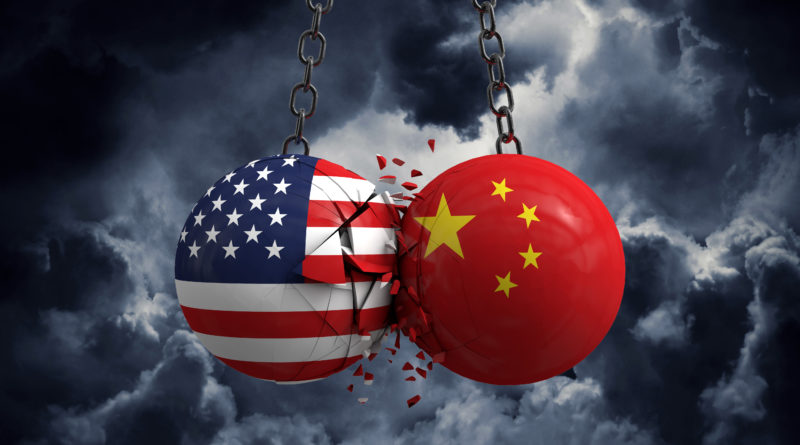Why Are China and the U.S. Closing Consulates?
13,937 total views, 1 views today
On Monday, China ended the official presence of the United States in Chengdu, the capital of the Sichuan province. China’s closure of this U.S. consulate marks the end of 35 years of American diplomatic presence in the city and is the latest event in a series of clashes between China and the U.S. Last Wednesday, the State Department closed China’s consulate in Houston and alleged that China has used the consulate to spy on American activities.
In response to last week’s closure of the Chinese consulate in Houston, the Chinese government denied allegations that it used its Houston consulate as a spy center. The Chinese government also said that closing the consulate was “outrageous and unjustified” and another step toward worsening U.S.-China relations. Additionally, a Chinese Foreign Ministry spokesperson vowed that the nation would retaliate in kind if the U.S. did not cancel the closure of the Houston consulate, as happened with today’s Chengdu consulate closure.
The recent consulate closures follow years of escalating tensions between China and the U.S., especially in recent months. In response to China’s controversial new Hong Kong security law unveiled earlier this summer, President Trump revoked Hong Kong’s special trade status and sided with residents in the former British colony who have been fighting for democracy for years. The U.S. also canceled an extradition treaty with Hong Kong, as did Australia, the U.K., and Canada, in response to the Hong Kong security law.
Trump’s rhetoric around the COVID-19 pandemic has continually angered China as well. Trump has been known to refer to the novel coronavirus as the “China virus” and the more explicitly racist term “Kung flu,” much to the chagrin of the Chinese government. U.S. Secretary of State Mike Pompeo, who visited the U.K. the day prior to the Houston consulate closure to discuss Chinese affairs with U.K. Prime Minister Boris Johnson, has also alleged that China invented the novel coronavirus in a lab, though the larger scientific community has debunked this theory.
Since 2018, Trump has imposed a series of tariffs on China. The two nations engaged in a trade war for much of that year, a battle that ended by the start of 2019. However, in May 2019, Trump flared tensions between the two countries again by threatening to impose tariffs on hundreds of billions of dollars of Chinese imports right as the two countries were formalizing an official trade deal. Allegations of a U.S.-China cold war emerged then and are reemerging now.
The U.S. has additionally threatened to ban TikTok, the highly popular Chinese social media app on which many teenagers, college students, and people in their early twenties have found viral stardom and sustained success. The U.S. House of Representatives has already voted to ban TikTok use on federal devices since the American government alleges that TikTok could expose American users’ personal information to Chinese government officials. TikTok has denied that the Chinese government has used it for data collection and sworn that it would never share user data. Some experts claim that the U.S. government would have no authority to ban TikTok.

